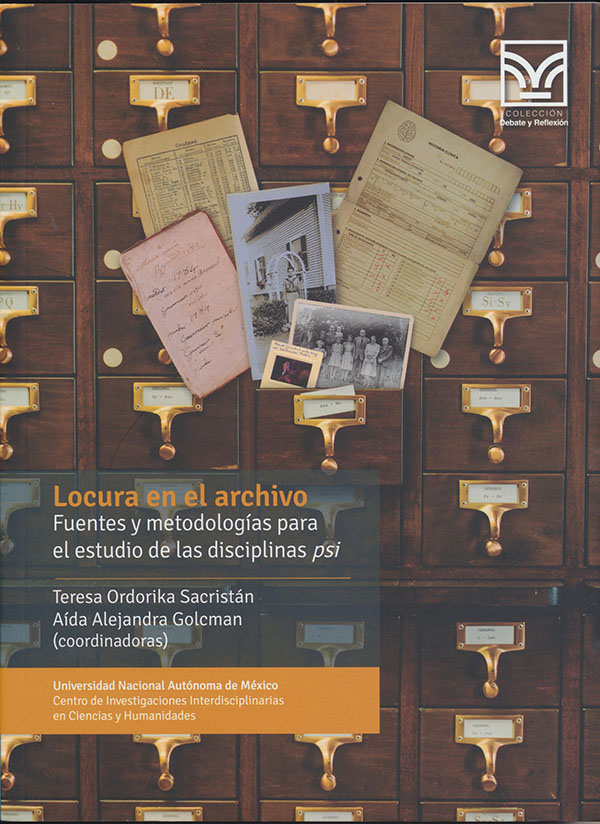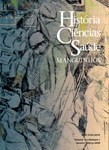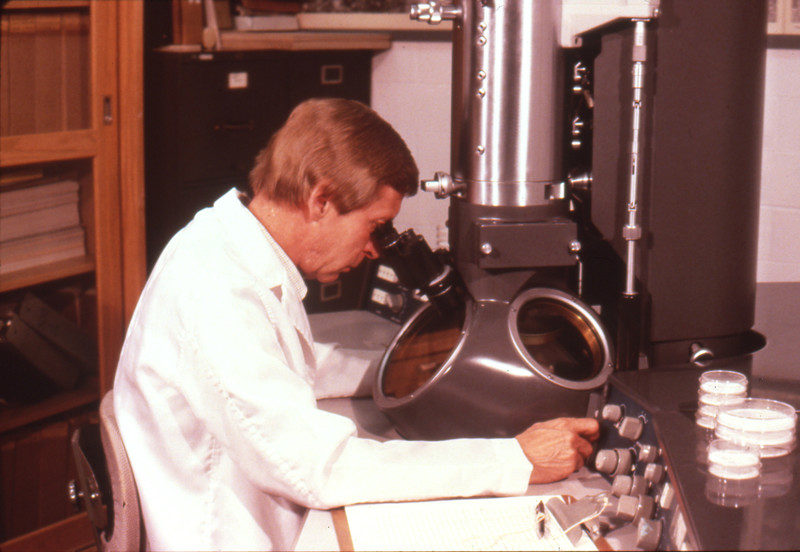13 November 2017
Science is generally known by its rational dimension, which do not take into account the subjectivity of scientists.
However, the so-called romantic science, a counter-current of thought that gained adherents between the late eighteenth and early nineteenth centuries, argues that it was possible to produce science from an objective systematization of the subjective experience.
In the paper Negotiating boundaries: Encyclopédie, romanticism, and the construction of science (HCS-Manguinhos vol.24 no.3 July/Sept. 2017), Universidade Federal do Espírito Santo), explores different forms of relationship between art, literature and science in the scientific experience of the Encyclopedie and in the so-called Romantic Science.
Addressing the writings of E. Darwin, W. Wordsworth, Novalis, Goethe and A. Humboldt, Fetz argue that the the separation between what is recognized as science and what is recognized as art is the product of a broad set of social negotiations to legitimize certain ways of seeing the world.








